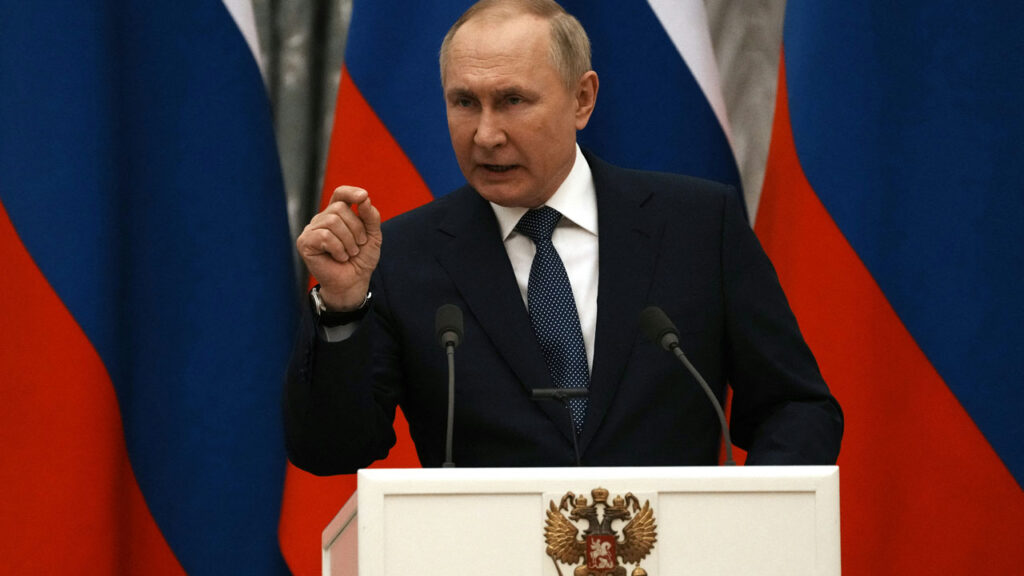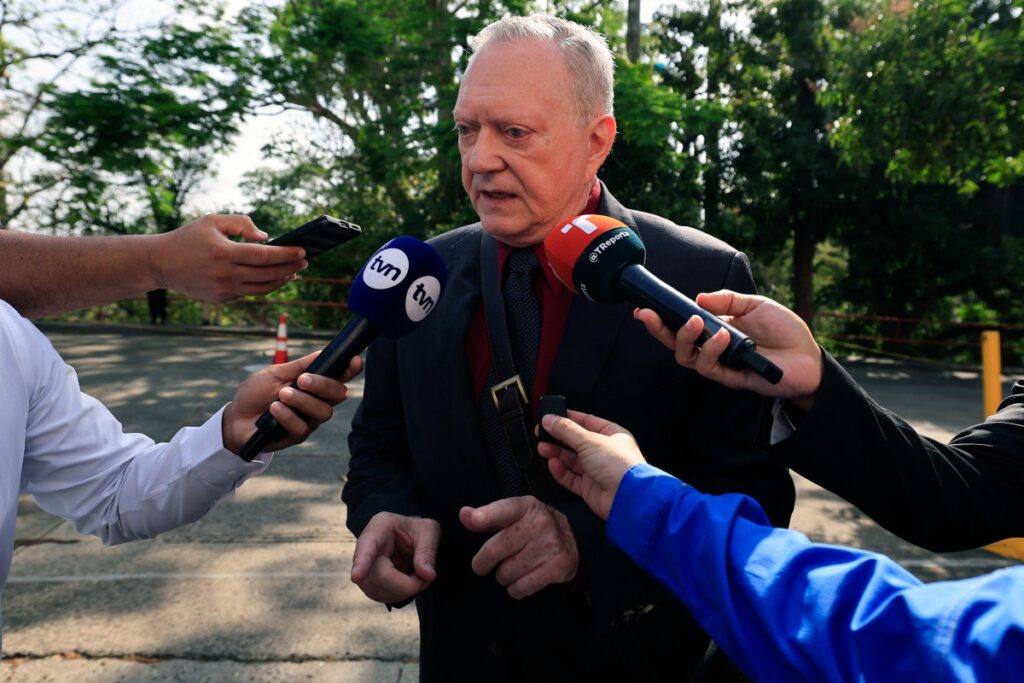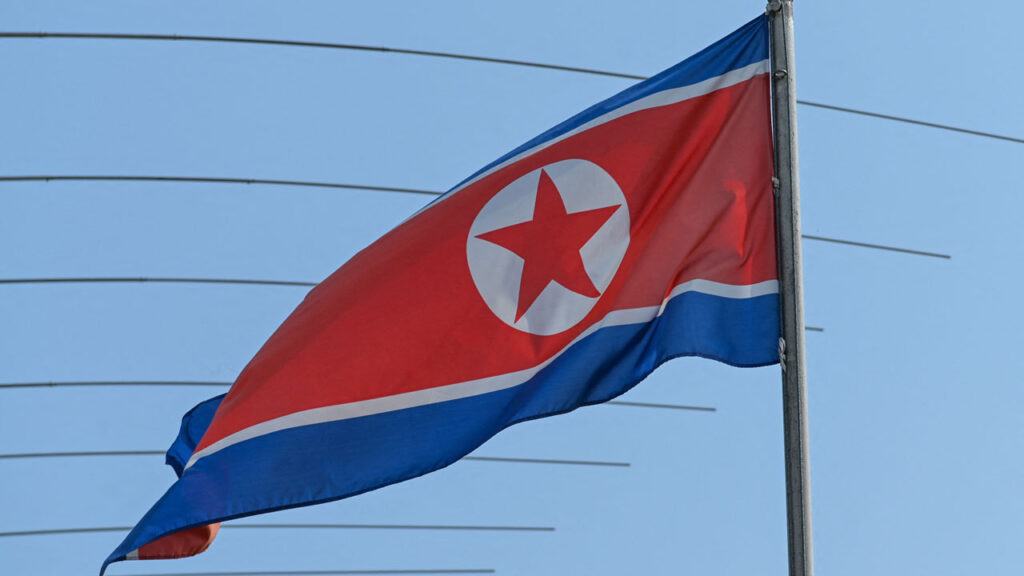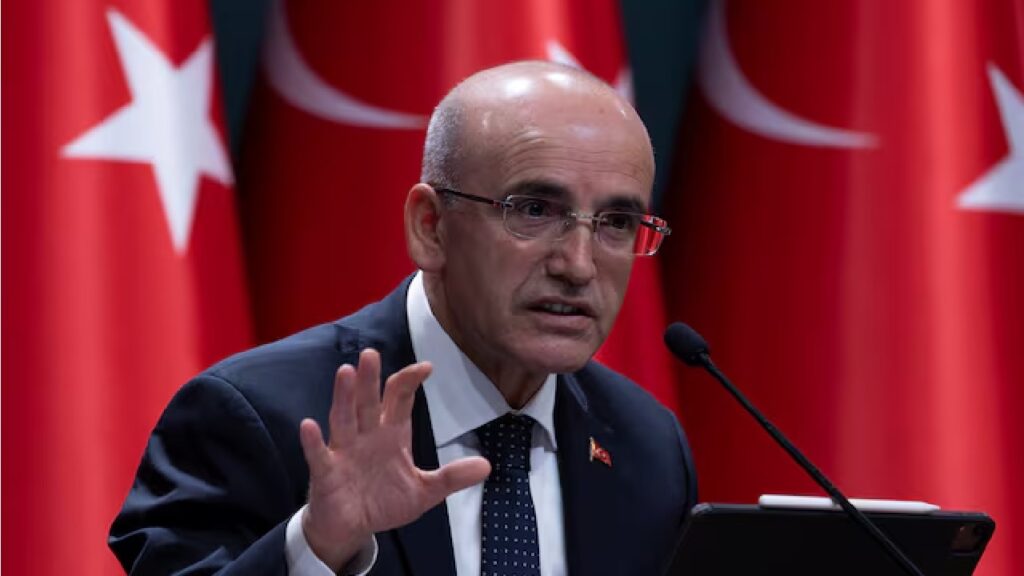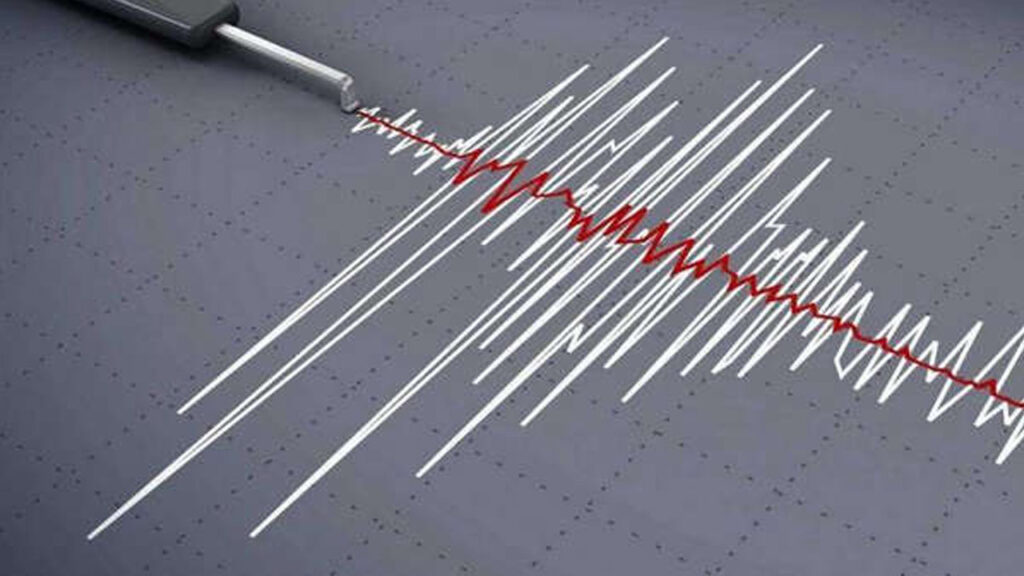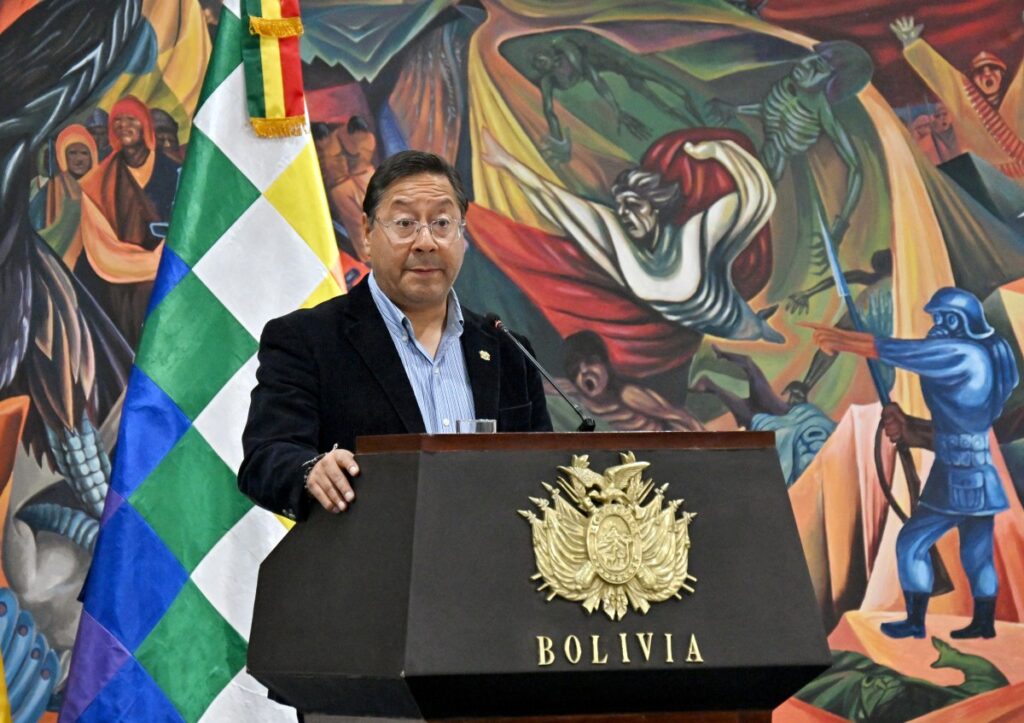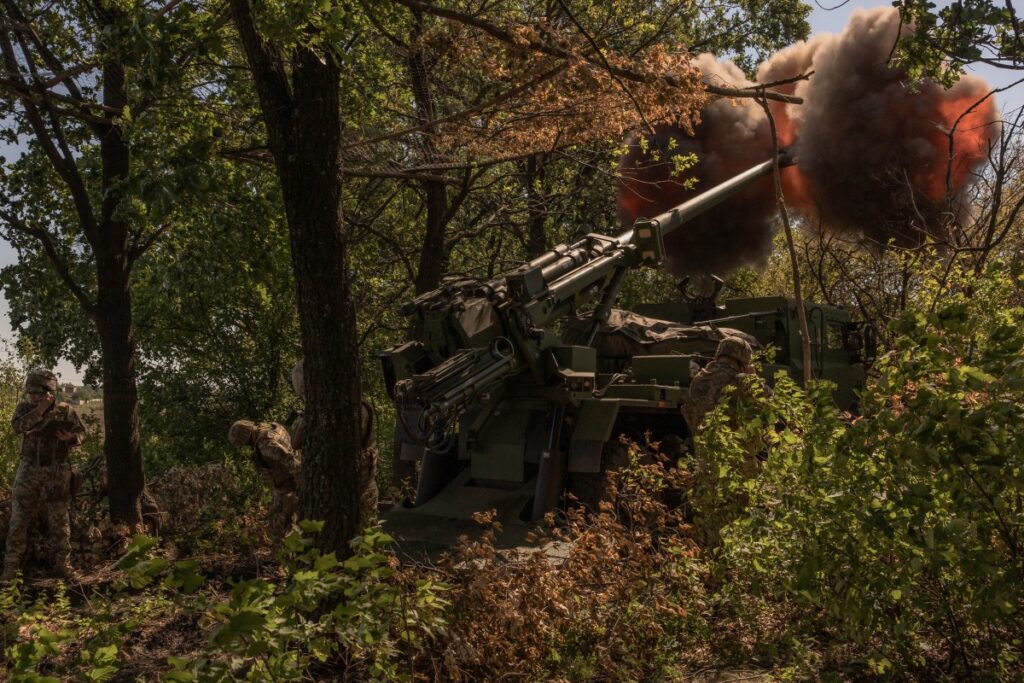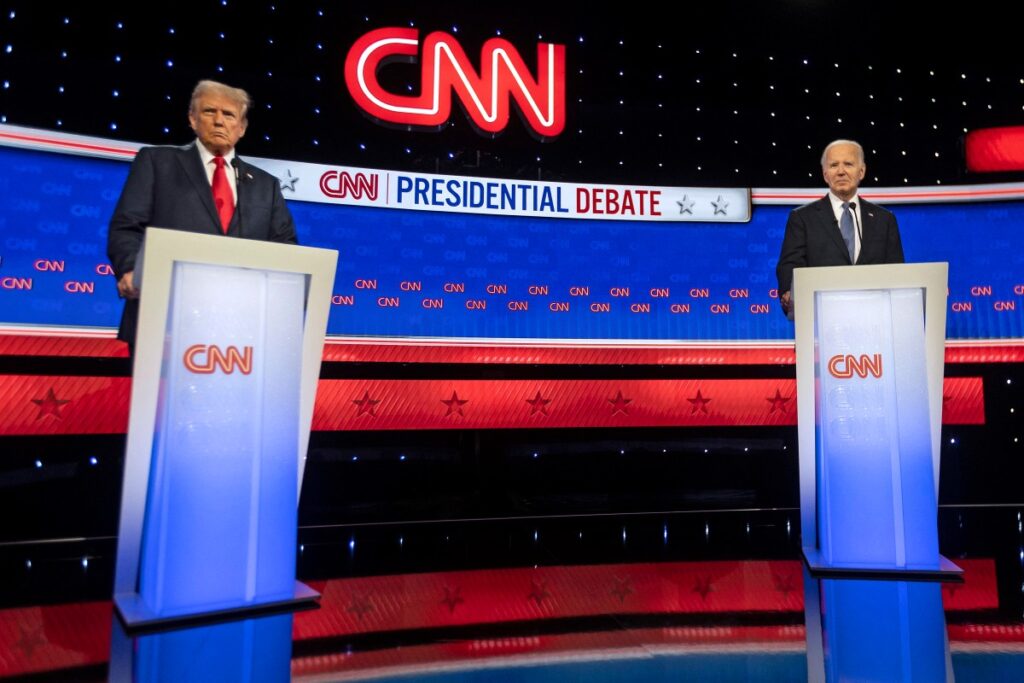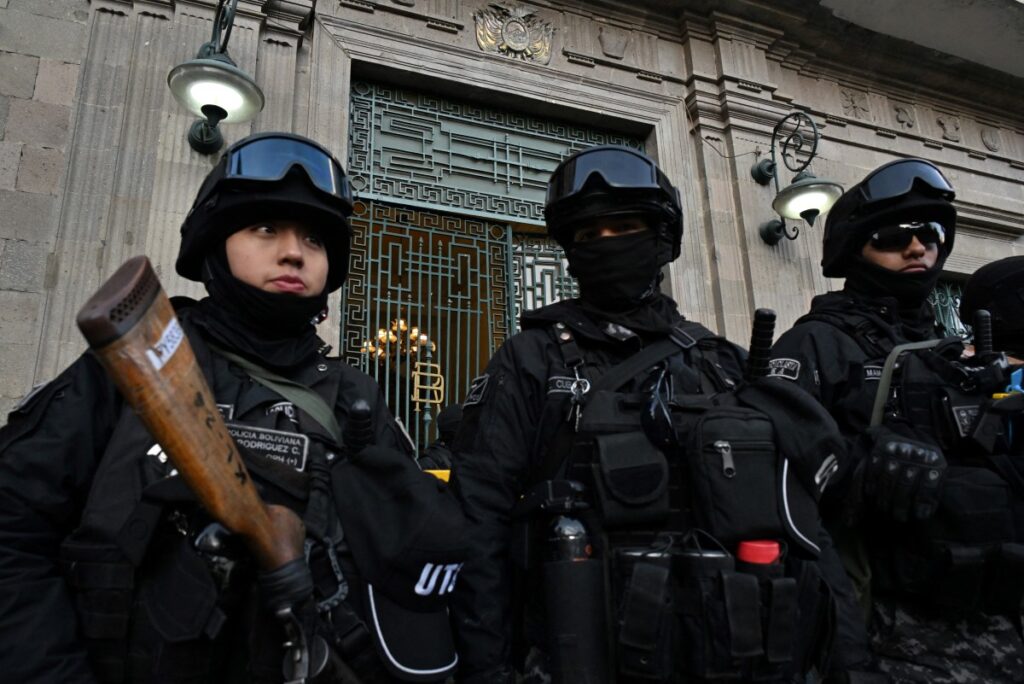The head of Russia’s top criminal investigation agency on Friday urged President Vladimir Putin to lift the country’s moratorium on the death penalty.
Russia stopped carrying out capital punishment in 1996 as a prerequisite for joining the Council of Europe, the rights group it was expelled from in 2022 after launching its offensive in Ukraine.
A growing number of Putin’s allies and lawmakers have since called for the death penalty to be brought back, seeking the sentence for the suspects in the terror attack at a concert hall near Moscow in March in which more than 140 people were killed.
“We should consider lifting the moratorium on the death penalty,” the head of Russia’s Investigative Committee, Alexander Bastrykin, told a legal forum in Saint Petersburg on Friday.
“In some cases it should be applied, and in these cases I am in favour of the death penalty,” he said.
Bastrykin, who has headed the Investigative Committee for more than a decade, said Putin could lift the moratorium by decree.
“I have been told by some competent, qualified lawyers that we need to change the constitution — that we need to hold a referendum — but I believe that we should simply lift the moratorium on the death penalty by presidential decree,” he said.
In March, the head of Russia’s parliament, Vyacheslav Volodin, suggested the moratorium would need to be overturned by Russia’s Constitutional Court.
If Putin were to bring back the death penalty, the precise legal mechanism would simply be a formality.
In March, his spokesman said the Kremlin was not “taking part in this discussion for the moment”.
A provision for the death penalty is already included in Russia’s criminal code but has not been used in more than 25 years.
Former president Dmitry Medvedev, now deputy head of Russia’s Security Council, has also suggested that capital punishment be reinstated for the most severe crimes.
Critics have voiced alarm over the proposal, citing fears the Kremlin could use it as a deterrent against dissent or political opponents.


